What is a CD?
A Certificate of Deposit (CD) is a relatively low risk form of investment that you can attain from a bank. They are a very steady and safe way to earn a return on your money, especially if you have some extra cash on hand that you don’t need. CDs can typically run anywhere from 2 months to 10 years depending on the terms of the specific CD. For the most part, the longer your investment term is, the higher your interest rate will be, and the more money you will be able to earn.
Advantages of a CD
CDs are one of the safest investments because of their fixed interest rates and guaranteed return on investment if you meet the terms. This means no surprise drops in interest rates due to market fluctuations. You simply choose your term length and leave your money to grow.
When a CD account reaches its set maturity date, you can withdraw your money or put it into another CD to continue to accrue more interest. CDs allow you to accumulate more interest than a normal savings account if you can afford to tie up your money for a certain period of time.
CDs are unique because there are many different term options available to help fit your financial situation. If you have financial goals both long and short term, CDs can help you achieve them. If your goal is to save up for restoring your back porch, or getting a head start on a college fund, you can choose a term length that works for you.
Potential Disadvantages of a CD
One of the only disadvantages of CDs is that there is almost always a penalty fee if you withdraw your money before the term is expired. For this reason, it is vital to choose the right term length according to your own financial situation. If you think you may need access to your extra cash, you probably shouldn’t invest in a long term length.
Some CD’s automatically renew after their term length is up. Make sure that you know whether your CD auto renews and keep track of the status of your term so that you can choose what term works for you.
Tips when investing in a CD
You should invest in a CD if you have a sum of money that you do not need access to for a long period of time. Make sure that you have an attainable savings goal in mind. Identifying your goal will help you determine what type of CD is best for you.
In all, a Certificate of Deposit is a low risk investment that can help you get a return on extra cash. CDs can turn out to be very advantageous if you have home improvement projects or big-ticket items you are saving up for.
For more information about Certificates of Deposit, rate information and more, visit our CD landing page now.
{{cta(’01d106eb-a9c7-414e-a841-72e03cd1f3ad’,’justifycenter’)}}




